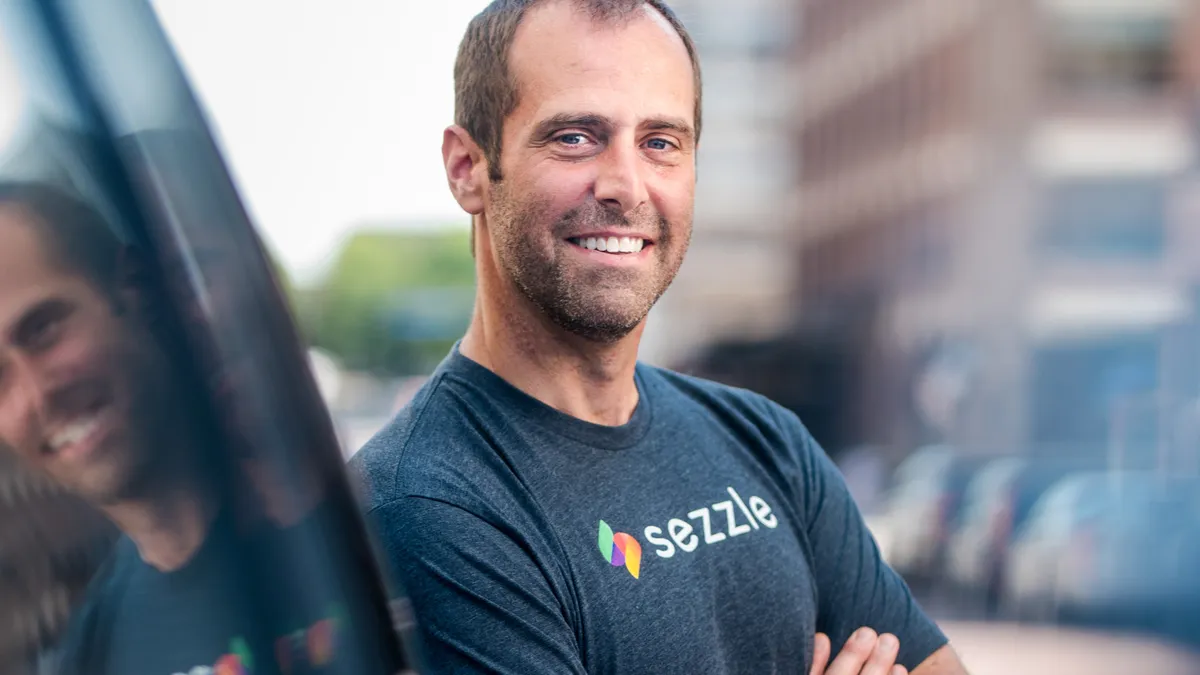Australian buy now-pay later company Zip is eyeing a possible purchase of Minneapolis-based Sezzle as the biggest players in the rapidly-expanding BNPL industry jockey to consolidate market power.
Zip “is in discussions with Sezzle in relation to a potential acquisition,” the Sydney-based company said in a statement Tuesday. It noted the deal could still fall through because the talks “are preliminary in nature and there is no certainty that the discussions will result in a transaction of any kind.”
That said, the smaller Sezzle, which also has global operations, is interested in joining forces with Zip. In its own statement Tuesday, Sezzle confirmed that it’s “engaged in preliminary discussions,” but also warned, “there is no certainty at this time that these discussions will result in a transaction.”
BNPL services allow consumers to buy goods or services in digital installments over time. The biggest companies in the arena, including Klarna, PayPal, AfterPay and Affirm, are growing through acquisitions. As a result, smaller competitors are becoming more attractive takeover targets.
The market research firm Juniper Research estimated last year that money spent through BNPL services could soar to nearly $1 trillion worldwide by 2026. Investors are fueling the trend by throwing billions of venture capital at BNPL startups, seeking to get a slice of the returns. The phenomenon gained popularity in 2020 as e-commerce spending surged amid the COVID-19 pandemic.
BNPL acquisitions mount
Zip acquired New York-based Quadpay in 2020, and apparently considers the U.S. market ripe for expansion, though it's playing catch up worldwide with Melbourne-based Australian peer, Afterpay, which was purchased last year by then Square, now Block, for $29 billion.
Zip has also been growing outside of the U.S., acquiring South Africa-based Payflex last September as well as the European BNPL company Twisto Payments and the United Arab Emirates player Spotii earlier in 2021.
Other companies have been acquiring international counterparts too. San Jose, California-based PayPal purchased the Japanese BNPL company Paidy last year for $2.7 billion. And Swedish BNPL pioneer Klarna, which has been active in the U.S. market since 2015, bought the Dutch firm Piggy last year.
BNPL has been available for about a decade, but was mainly a phenomenon outside the U.S., until recent years. Afterpay got the trend going in Australia, then others, such as Klarna, picked up on it in Europe, and later the approach arrived in the U.S.
As international players flocked to the U.S. market, homegrown enterprises jumped into the BNPL ring, too. They've been drawn to the U.S. because the consumer market is so huge and shoppers in the country are increasingly using BNPL, often instead of transactions with traditional credit or debit cards.
BNPL tapping new channels
In a recent interview, Sezzle CEO Charlie Youakim discussed how a significant portion of his company’s BNPL transactions in countries outside the U.S., including India, are processed on non-card rails.
The Unified Payments Interface is “definitely disintermediating Visa and Mastercard in India because it's offering a very similar payment rail, but for extremely low cost because it's mandated by the government,” Youakim said earlier this month before news of the possible Zip acquisition. He was commenting generally on how open banking regulation in some countries is giving a lift to fintechs like Sezzle.
The Oakland, California-based virtual card company Marqeta is the card technology behind much of the expanding BNPL transaction universe, said Vidya Peters, Marqeta's chief operating officer, in a recent interview. She declined to say what percentage of the company’s revenue derives from BNPL transactions.
Meanwhile, regulators worldwide are being drawn to the industry too, asking questions about whether it's good for consumers and which companies’ business models might be better than others. In the U.S. the Consumer Financial Protection Bureau has taken the lead, demanding that the companies that dominate the industry respond to requests for information about their operations.
Credit bureaus are adapting their data gathering and credit scoring too to take account of consumers’ rising use of the payment option.
The two companies declined to comment on a potential transaction beyond the terse Tuesday statements confirming the talks.












